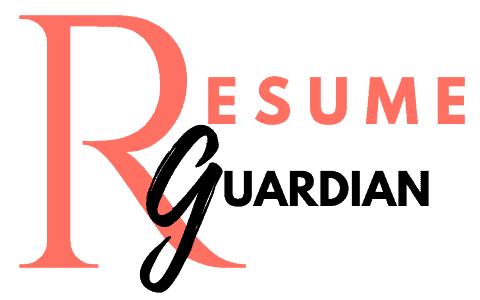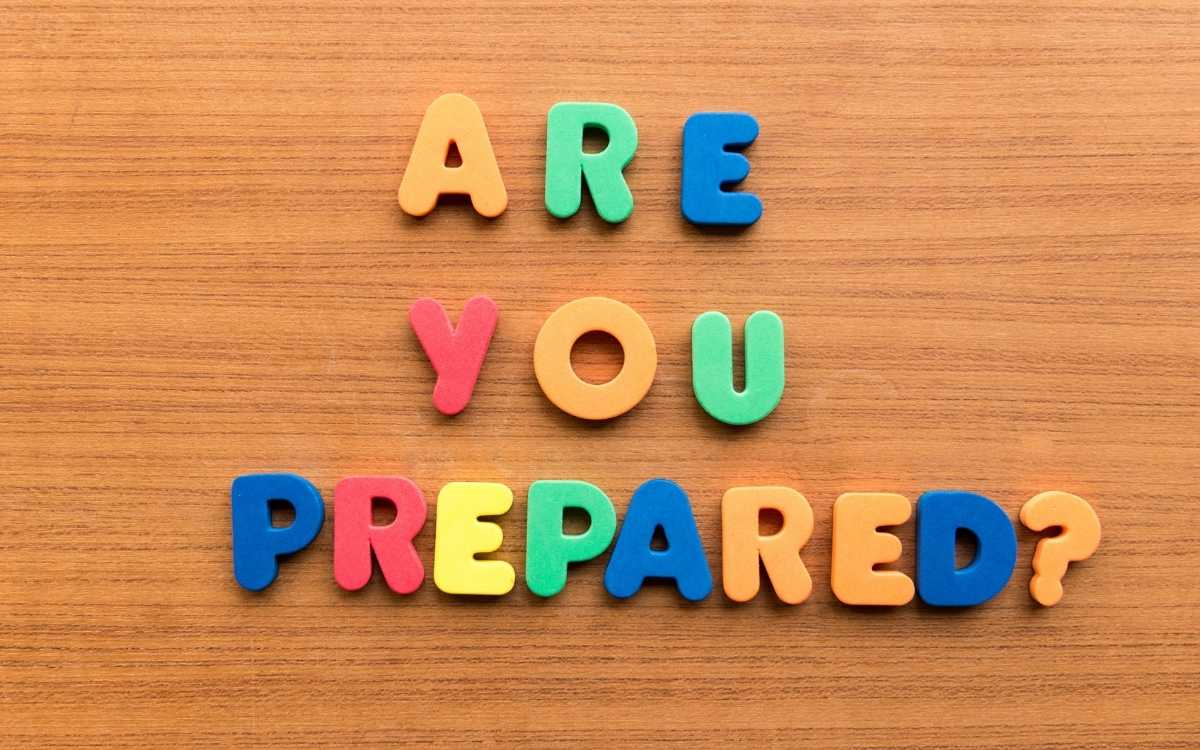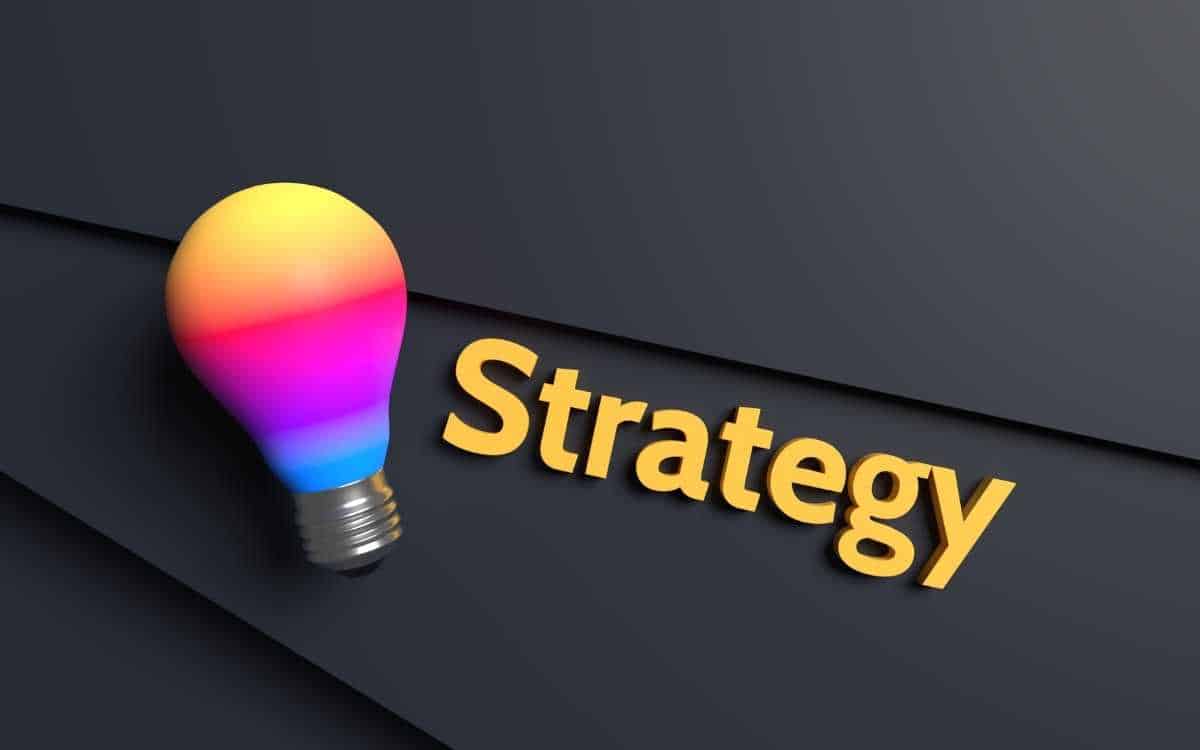
To crack job interviews and grab that job offer, you must prepare well for job interviews. The ability to anticipate the interviewer’s requirements for the job role will help you prepare and tailor the interview answers accordingly.
Personalizing your responses according to the interviewer’s specific needs and circumstances is a skill you can develop over time. Remember that the answers you provide allow the interviewer to assess you. Being prepared with intentional answers can turn the tables in your favor.
To crack job interviews successfully, follow a 7-point approach -‘ Practice listening skills,’ ‘Provide most relevant information, ‘Rephrase the question,’ ‘Answer with facts and figures, ‘Be honest with your professional experience,’ ‘Answer calmly and politely’ and ‘Display professionalism,’
Maintaining a balanced approach throughout the interview is also important to avoid appearing too serious or inappropriate.
Preparing with the intent to crack job interviews is not an inborn talent; it’s an acquired skill that comes through consistent practice and perseverance.
This article will go through the top 7 tips to start the preparation journey that can help you crack job interviews.
Listen Carefully to the Job Interviewer – Practice Listening Skills

When the interviewer asks you a question, do not rush to answer immediately after you have heard the question halfway through.
And don’t start preparing the answer in your mind when the question is being asked, this could distract your focus, causing you to misinterpret the questions, or you might miss important parts of the interview.
Practice active listening. Once you listen to the question, take a few seconds to first think through what was asked. Doing so will allow you to provide a more thoughtful answer. Doing a short paraphrase or summary of what the interviewer asked helps you solidify your understanding of the situation.
Active listening is a challenging skill to develop. If you are thinking about framing your answers when the interviewer is talking, it’s not active listening. It takes consistent practice and intentional training to master the skill of active listening.
To improve your listening skills, ask people around you to tell you when you’re not listening. This can be implemented in your daily conversations. You could ask your family or friends to help you with a mock interview.
Catching yourself when you show poor listening skills helps you identify your shortcomings. This could help you to reverse that behavior by intentionally practicing active listening.
Practice active listening without framing answers in your mind when you are talking to someone. Implement this in your daily life, in order to develop and enhance your listening skills.
Provide the Interviewer with the Most Relevant Information

To avoid wasting time on irrelevant questions, pretend that you only have one specific question to answer. This strategy will help you provide the interviewer with the most helpful information and convince them that you deserve the job.
When the hiring manager asks you a question, make sure that you provide them with the information that they need most in order to make an informed decision.
Learn the skill to identify the most relevant question that the interviewer wants to hear an answer from you.
It’s a win-win for all – you respond to the most pertinent question, the interviewer gets all information to assess you for the job role, and you enhance your chances of getting that job offer.
Providing interviewer with answer to the most relevant question is a win-win for all – The interviewer gets all information to assess you for the job role, and you enhance your chances to get that job offer.
Rephrase the Interviewer’s Question or Ask for Clarification

Sometimes, it’s better to wait to answer a question instead of answering it immediately. This strategy will help clarify the interviewer’s question and allow you to provide more specific answers.
“I hear you” is a simple and effective way to tell someone that you value their words. It can also help you digest the important points of the interview and show the interviewer that you value their statements.
If the question gets confusing, try re-wording it or asking for a follow-up question. Doing so will help you fully understand the issue.
This strategy works while answering the interviewer’s question because it allows the interviewer to speak up if you misunderstood the question.
If you did not fully understand the interviewer’s question, try re-wording or ask a followup question.
Practice to Answer Interview Questions with Facts and Figures

One of the best ways to describe yourself is by citing objective data to avoid repeating the same words repeatedly. For example, instead of saying, “I’m a great Business Analyst,” give facts and figures that prove the statement.
For example, have a look at this answer for a common interview question – “Spearheaded major pricing restructure by redirecting focus on consumer willingness to pay, implemented a three-tiered pricing model which increased average sale 35% and margin 12%.”
Summarizing your achievements and revenue/sales figures ensures that your work and the results speak for themselves. The interviewer can then tell if you’re competent, motivated, and capable of handling the job.
To be able to sell yourself during your interview, you will need to put in a decent amount of time commitment for your interview preparation and take time to practice.
Summarizing your achievements revenue/sales figures ensures that your work and the results speak for themselves. The interviewer can then tell if you’re competent, motivated, and capable of handling the job.
Be Honest about your Professional Experience, Skillsets, and Qualifications

Being intentionally vague or misleading is not a good strategy during an interview. Candidates usually lie about their experience or education, but the employer can quickly check and verify these.
If candidates are hired based on lies, it will be very clear, later on, during the job that they don’t have the necessary skills or background to take on the job roles and responsibilities.
You can be a bit diplomatic in your answers, but it’s not a good idea to try to fool the interviewers – they can sense that you’re hiding something which could negatively impact their decision to hire you. It’s better to admit what you know and what you’ve learned and move on to the next topic.
Being overly honest is also not a good strategy in an interview, like revealing sensitive or negative statements about anyone. If your boss or coworker wasn’t as stellar as you would like, try to avoid dwelling on their negative traits.
For instance, if you and your boss often have disagreements, try saying that their interactions taught you how to stand up for your point of view. This will help demonstrate that you can handle any situation.
In a job interview, it’s in your best interest to be honest about your professional experience, skillsets and qualifications.
Practice to Remain Calm with Relaxed Body Language

It’s normal to be anxious during your interview. If you are thinking – I’ve prepared so hard and passed many rounds of interviews, so if I don’t perform flawlessly in the final interview and grab the job, I’ll have to continue job searching and restart the whole process until I get my dream job.
It’s good to have a healthy amount of anxiety, but if your worry stops you from giving your best shot, then it’s not helping you anymore. It’s better to imagine that you haven’t got the job yet, and you can just give it your best try. It’s critical to calm your mind and stay in control.
When your anxiety levels shoot up, it shows in your nonverbal body language – like tensed facial muscles or drooping shoulders. Interviewers can pick on these signs and go deeper into difficult questions based on the body language you’re displaying.
So practice controlling your body language by intentionally preparing to deal with uncomfortable questions. For instance, ask a friend to help you practice your responses. This will help you better understand how to respond to awkward questions. Doing so will also help you improve your non-verbal language skills.
Prepare in advance to remain calm when answering tough and uncomfortable interview questions, and practice to control your body language.
Display Professionalism during Job Interviews, while Speaking, and in Outfit

Be professional during your job interviews – speak politely and confidently, and wear a professional outfit.
Some interviewers are known to immediately put the candidate at ease due to their laid-back and informal style. This can make the candidate feel so relaxed that they might share sensitive information that’s best left out of the interview.
- Confidence with humility – One of the best ways to demonstrate professional conduct is by discussing how your knowledge, skills, and experience would help you perform your duties. Be confident to tell the interviewer you have the skills needed to succeed in the job.
- Dress appropriately – It can be challenging to determine what dress code to follow for an interview. Having a fair idea of the dress code can help you dress appropriately for the position you’re applying for. Aside from what you wear, ensure your outfit is clean and well-kept before the interview.
- Speak Confidently – You also demonstrate professional behavior by speaking clearly and efficiently. Use powerful words to make a statement.
Displaying a professional image to the hiring manager would ease the selection process, and make you a highly desirable candidate for that job offer.
Final Thoughts
Practice, practice, practice.
Everything we do is practice for something greater than where we currently are. Practice only makes for improvement.
Les Brown
If the interview went badly, don’t give up. Instead, be inspired to prepare and practice more until you crack future interviews and land your dream job.
Remember, it’s not a sprint – it’s a marathon!






